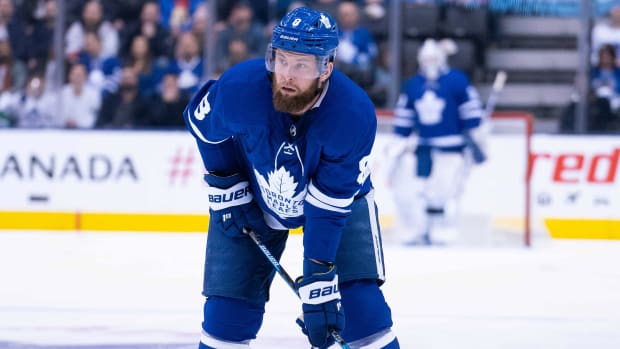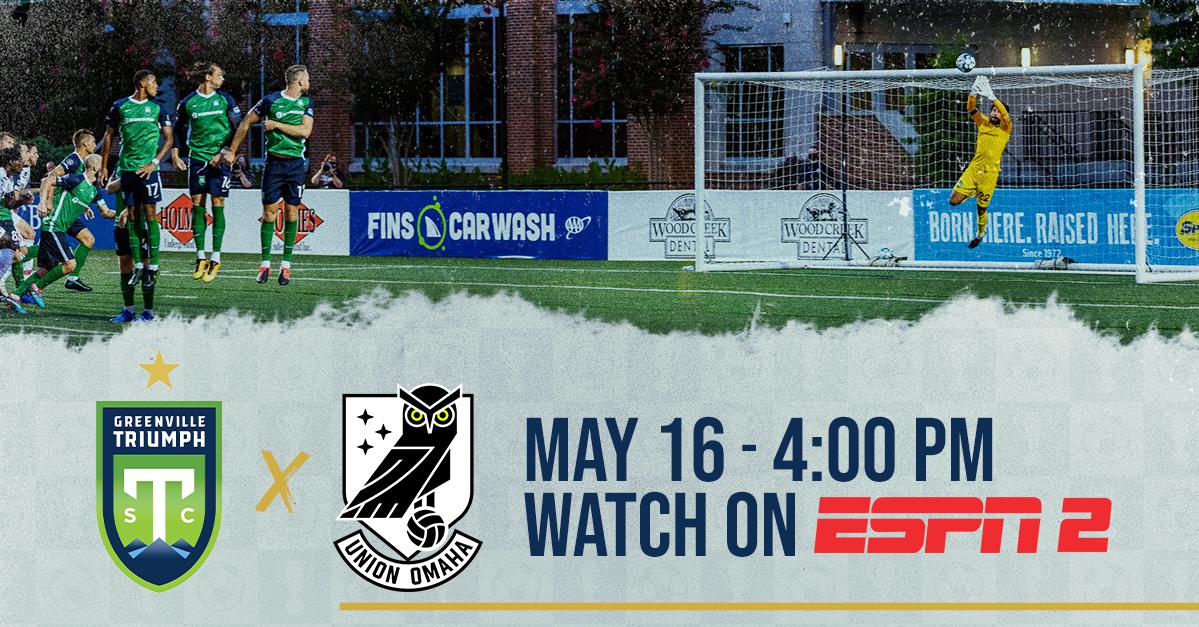If the NHL’s return-to-play protocols are followed, Jake Muzzin will miss at least Games 3 and 4 of Toronto’s series against Columbus because of a casual crosscheck that has become commonplace in today’s NHL.
If Mitch Marner’s version of the events is accurate, the NHL has a very serious problem on its hands. Because it basically means that what this columnist and many other observers have long maintained is indeed the reality. And that is that the power brokers of the NHL are directing their on-ice officials to go easy on calling cross-checking and in many cases, to basically ignore it.
Most of the time, the only negative by-product is that it often robs teams of legitimate scoring chances in a league where offense is at a premium. But there are also times when it creates a dangerous environment on the ice and that was certainly the case in the Toronto Maple Leafs 3-0 win over the Columbus Blue Jackets Tuesday afternoon.

Late in the game, Maple Leafs defenseman Jake Muzzin was stretchered off the ice, unable to move. Even if Scotiabank Arena had been full of fans, it would have been just as quiet. NHL apologists will maintain that Muzzin “fell awkwardly” into the boards, but the reality is that he was cross-checked into them from behind by Blue Jackets center Pierre-Luc Dubois. It was not a malicious play, nor was it overly aggressive. But it was reckless and careless. And Dubois made the play because the cross-check is a penalty that almost never gets called these days. Emboldened with that knowledge, Dubois applied a casual cross-check that could have the potential to end up very, very badly for Muzzin.
“A player is off two-to-three feet from the boards and a cross-check does happen, usually it doesn’t matter how good you are on your feet, there’s always a possible chance of you going head-first into the boards and it’s a scary incident,” said Muzzin’s teammate Marner. “We were asking the refs and their whole response was, ‘He got pushed, he got cross-checked, he hit another player and that was how it happened.’ ”
Seriously? Essentially what Marner is saying is that referee Gord Dwyer saw exactly what Dubois did, realized it was a penalty as defined by the rulebook and consciously made the decision to not call it. NHL commissioner Gary Bettman has long contended that the NHL’s on-ice decision makers are the best in the world at what they do, so either he’s wrong and they’re incompetent or they’re being directed to officiate the game a certain way. Because this is the kind of play that goes uncalled far too often in the NHL.
I have long maintained that the latter is the case because, more than any other sport, the league’s positions of power are held by former players, in many cases the kinds of players who made careers out of straddling the NHL rulebook. It’s the same mentality that allows opponents to abuse Vancouver Canucks star Elias Pettersson with impunity, the way the Minnesota Wild did with an enormous amount of success in Game 1 of their qualification series. It’s the same mentality that resulted in no call on a blatant charge by Leafs forward Kyle Clifford early in Game 2, a hit that set a tone for the rest of the game.
To reiterate, Pierre-Luc Dubois actually didn’t do anything wrong on that play. He reacted the same way players do hundreds of times over the course of a season and how the game has conditioned them to react. The cross-check has basically become the standard way to defend in today’s game. Essentially robbed of their rights to mug opponents into submission, players are repeatedly allowed to cross-check to eliminate them from the play. How many times have we seen a forward plant himself in front of the net and get repeatedly cross-checked in the back? A couple of years ago, it was the casual slash that wasn’t being called, until skilled forwards all over the league were being sidelined with broken bones in their hands.
Now it’s high time for the league to tackle cross-checking. And maybe, just maybe, it will if the Muzzin injury turns out to be a serious one. But you never know with this league. Those who make the decisions might simply shrug their shoulders and maintain it’s part of the game and geez you hate to see things like that happen. Maple Leafs coach Sheldon Keefe said after the game that Muzzin had been taken to the hospital. “I’m told he’s responsive and we’re just awaiting his assessment,” Keefe said.
The return-to-play protocol requires a player to quarantine for four days if he leaves the bubble. If that’s the case with Muzzin and the league does not make an exception, the best-case scenario would be that the Leafs would be without one of their most reliable defensemen for Games 3 and 4 of this series. The worst-case scenario is unimaginable.


